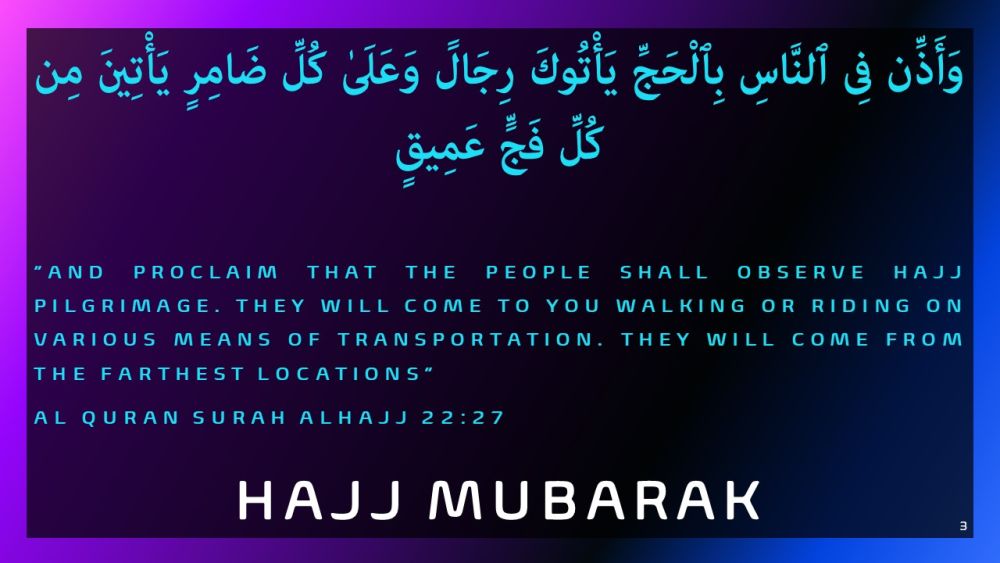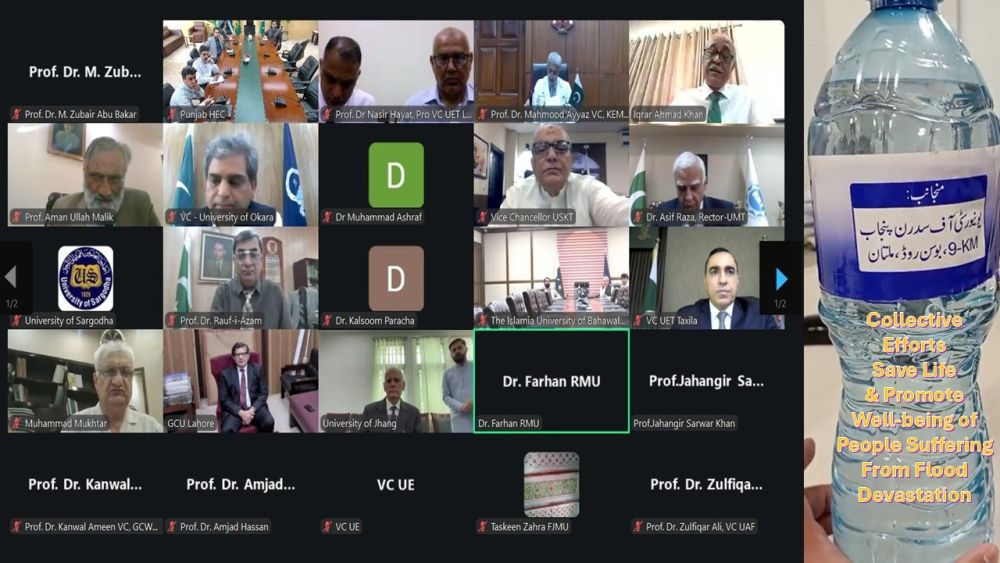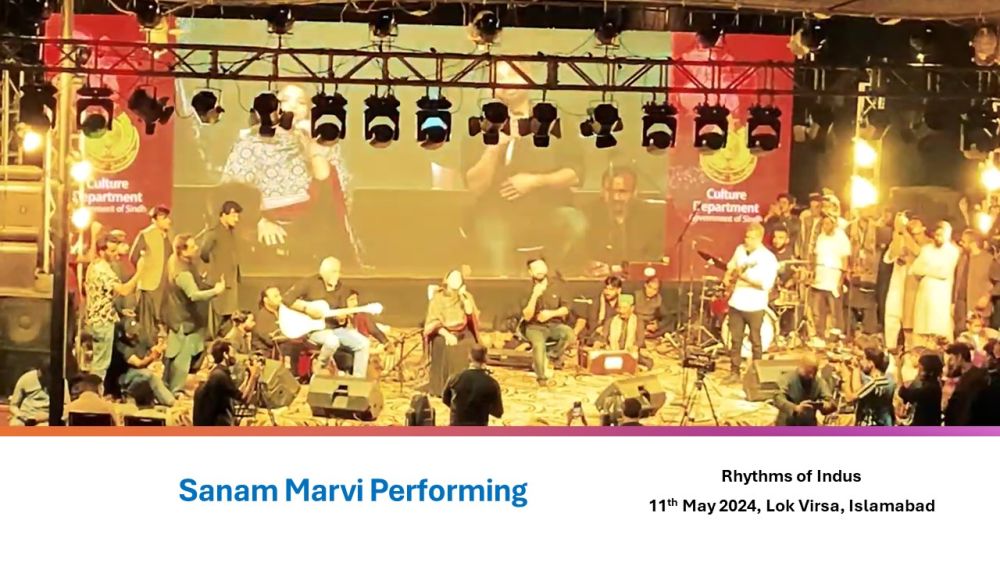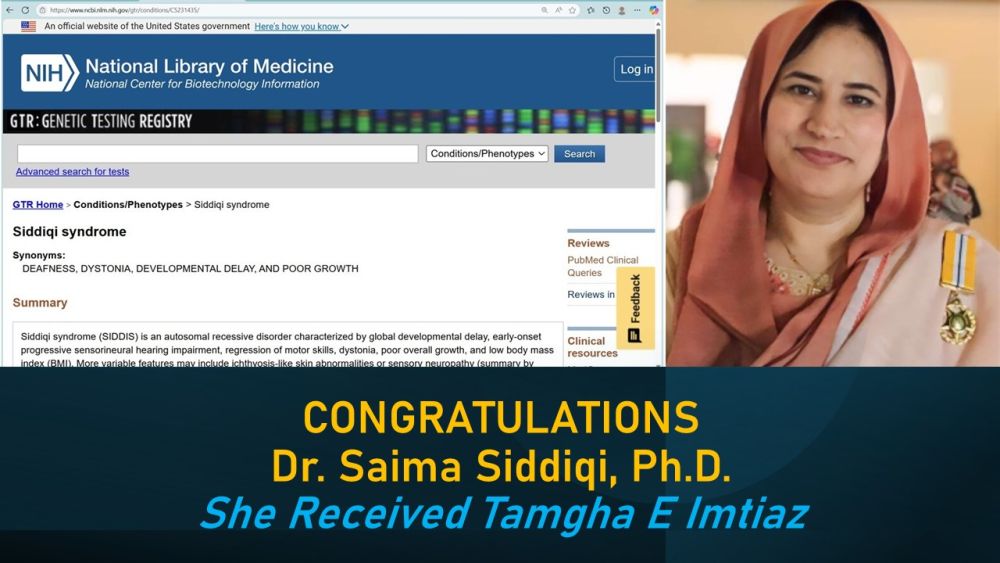Soft Skills Transform to Virutues during Hajj - HAJJ MUBARAK TO ALL @ MOUNT ARAFAT
Posted 1 year ago
Islamabad
June 16, 2024
Editorial by Prof. Dr. Muhammad Mukhtar
The Hajj, performed annually in the holy city of Mecca during the Islamic Calendar month ZillHaj, demands profound faith, skills, and preparedness. It holds immense spiritual significance for millions of Muslims worldwide. As pilgrims embark on this sacred journey, several key soft skills become indispensable in navigating the rituals and maximizing the spiritual rewards of Hajj.
Hajj (The Pilgrimage to Mecca) is the fifth pillar of Islam. The other four are 1) Shahadah, 2) Salah/Prayers, 3) Zakat, and 4) AlSoom/Fasting. The first pillar is unique as it requires travel to the holy city of Mecca in Saudi Arabia and to sacred places besides religious rituals.
First and foremost, physical endurance is crucial for performing the Hajj. Hajj involves rigorous activities such as the Tawaf around the Kaaba and the Sa'i (ritual walking) between Safa and Marwah hills. Pilgrims must be physically prepared for long walks, often under the intense heat of the Arabian sun. Training in stamina and endurance ensures that pilgrims can fully engage in these rituals without succumbing to exhaustion.
However, the pilgrimage to Hajj, a sacred journey cherished by millions, embodies profound spiritual significance and communal unity. In light of this sanctity, a pressing need exists for inclusivity, ensuring that age and physical ability are not barriers to participation.
Emotional Resilience
Emotional resilience is essential to performing the Hajj. Hajj is a profoundly emotional experience in which pilgrims confront their faith, seek forgiveness, and supplicate earnestly to the Almighty. Managing emotions, maintaining composure amidst crowds, and remaining focused on spiritual objectives is paramount. Pilgrims draw strength from their emotional resilience to navigate the intense spiritual and physical demands of Hajj.
Cultural Sensitivities
Cultural sensitivity and respect for diversity are also critical skills. Hajj is a unique event that unites Muslims from every corner of the globe, transcending ethnic, linguistic, and cultural differences. Pilgrims must navigate a diverse and multicultural environment with grace and respect, fostering a strong sense of unity and solidarity among believers despite varying backgrounds and traditions.
Organizational Skills
Preparedness and organization are equally indispensable. Pilgrims must be well-versed in the Hajj rituals, understanding their sequence, significance, and proper execution. Adequate planning ensures timely arrival at designated sites, adherence to ritual requirements, and compliance with safety protocols, thereby enhancing the efficacy and spiritual fulfillment of the pilgrimage.
Communication Skills
Communication skills facilitate interaction and cooperation among pilgrims, particularly in multilingual settings. Clear communication fosters mutual understanding, cooperation in group activities, and the exchange of knowledge and experiences, enriching the collective Hajj experience.
Humility and Patience
Finally, humility and patience are virtues that define the spirit of Hajj. Pilgrims must exhibit humility in their interactions, acknowledging the sacredness of the pilgrimage and the equality of all participants before the Divine. Patience enables pilgrims to endure challenges such as long waits, crowded spaces, and physical discomforts gracefully, recognizing them as tests of faith and opportunities for spiritual growth.
According to the Editor in Chief of HunarNama, Prof. Dr. Muhammad Mukhtar, the Hajj pilgrimage is a transformative journey that requires a blend of physical preparedness, emotional resilience, cultural sensitivity, organizational skills, effective communication, and virtues of humility and patience. As pilgrims embark on this sacred voyage, these essential skills not only facilitate the rituals but also enrich the spiritual experience, fostering personal growth, unity, empathy, and devotion among believers worldwide.





